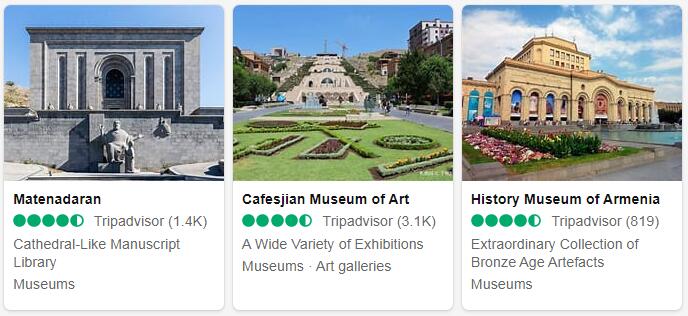Armenia 2018
In 2018, Armenia had a population of approximately 3 million people. The economy is largely based on agriculture, mining, and light manufacturing. Armenian is the official language although other languages such as Russian and English are also spoken. According to extrareference, Armenia is a unitary parliamentary republic with an executive branch headed by the President who is elected by popular vote for a five-year term. The legislative branch consists of a unicameral National Assembly. In terms of foreign relations, Armenia maintains diplomatic ties with over 100 countries around the world and has close ties with its neighbors in the Caucasus region such as Georgia and Azerbaijan. The government also works closely with international organizations such as the United Nations, Organization for Security and Co-operation in Europe (OSCE), Council of Europe (CoE), World Bank, International Monetary Fund (IMF), World Trade Organization (WTO) and Eurasian Economic Union (EEU).
Yearbook 2018
Armenia. Armenia’s old ruler was deposed during the year in a political revolution, which led to the fight against corruption and closer ties with the EU.
In April, President Serzh Sargsyan resigned to become new head of government after a constitutional change shifted power from the president to the prime minister. Sargsyan’s name and hand-picked successor Armen Sargsyan was elected new president. The rocket sparked major protests in the capital, Yerevan, with allegations of corruption and misconduct. Police used tear gas against the crowd trying to storm Parliament, where Sargsyan was approved as new head of government. The opposition demanded Sargsyan’s departure, and as the protests grew to tens of thousands of participants, he gave up and left his post after just a week.
- According to Abbreviationfinder: ARM is an three letter acronym for Armenia.
Opposition politician and protest leader Nikol Pasjinian was nominated as new head of government but voted down by parliament. The protests continued until Pasjinian received support from members of the ruling Republican Party, and in May he was elected prime minister.
According to Countryaah.com, Yerevan is the capital city of Armenia, a country located in Western Asia. Pasjinian began his promised fight against the severe corruption that has long characterized the elite of power in otherwise poor Armenia. The country’s top police chief was dismissed, and protesters demanded the state prosecutor’s resignation when detained opposition activists were not released.
In June, Parliament lifted the criminal immunity of the powerful former General Manvel Grigorian, charged with corruption and revealed with large arms stockpiles in his residence. Former President Sargsyan’s security chief was arrested on charges of financial crime.
The mayor of Yerevan resigned after his residence was surrounded by protesters after revealing about luxury life and misuse of public funds. In a number of other cities, mayors resigned following popular protests against corruption.
Armenia’s approach to the EU had been interrupted in 2013, when it decided to join the Russian-led Eurasian Economic Union. Now, the European Parliament approved an in-depth partnership agreement with Armenia but called for a fight against corruption and for an independent judiciary. As a “prize”, the EU attracted possible future visa freedom for Armenian citizens.
The old rulers were called into the anti-corruption campaign. Relatives of former President Sargsyan were indicted. Another president, Robert Kotjarjan, was arrested on charges of manipulating the 2008 election results and for having deadly defeated the protests after the election. The Armenian head of the Russian-led regional security organization CSTO (Collective Security Treaty Organization) was also prosecuted for this. The Kotjarj ally in Moscow warned Armenia of its actions against the old regime. An Armenian court released Kotjarjan out of custody, saying that he, as former president, could not be prosecuted for the events of 2008. He was arrested again in December.
Moscow raised the tone against Armenia, but Prime Minister Pasjinian traveled to Moscow and met President Vladimir Putin. Both assured that the Russian-Armenian relations were good and declared that the Russian Federation’s arms supplies would continue.
In September, local elections were held in Yerevan, where Prime Minister Pasjinian’s Alliance Mitt rose got over 80% of the vote and appointed a new mayor. Local success prompted Pasjinian to propose a quick election to Parliament, which was still dominated by the old Republican power party.
Parliament responded with a new law that would make new elections difficult. Pasjinian then dismissed two coalition parties that voted for the law. He resigned himself, forcing a dissolution of Parliament. New elections were announced until December. My step won a landslide victory with 70.4% of the vote.



